The Gaskell Journal invites submissions from PhD and MA students for its biennial Graduate Student Essay Competition. The winning essay (6,000–7,000 words) will offer an original contribution to Gaskell studies, and will be published in The Gaskell Journal. Its author will receive £200 from the Gaskell Society, and a complimentary copy of the journal. Essays will be judged by members of the Gaskell Journal Editorial Board, with the final decision being made from a shortlist by a leading scholar in Gaskell studies.
Submissions should be sent to the journal’s editor (and founding member of the Nineteenth-Century Research Group at Lincoln), Dr Rebecca Styler <rstyler@lincoln.ac.uk>, by the deadline of 10 February 2016. (Please note the amended deadline.)
Further details are available here.
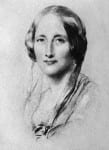
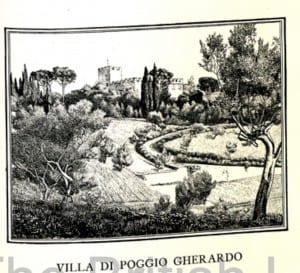
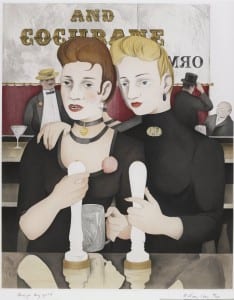
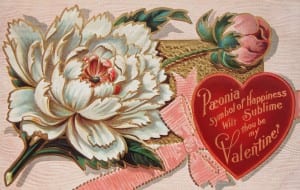
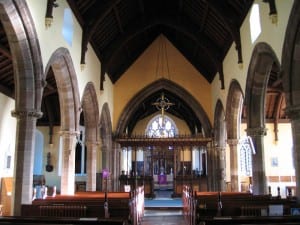
Recent Comments